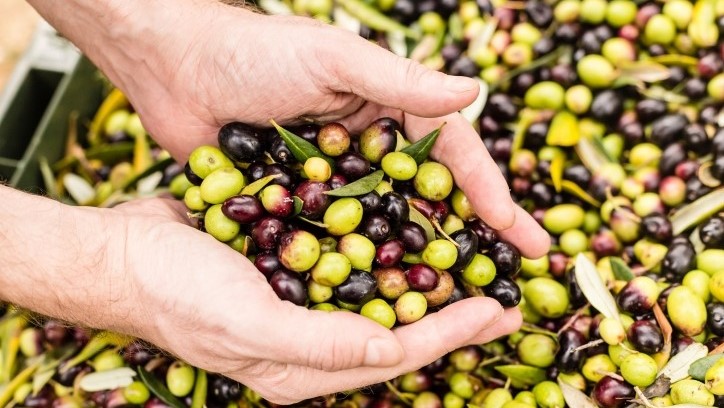A recently published fellowship report, which was put together over two years, dives into the potential cosmetic use of byproducts from olive oil production.
“Upcycling olive oil waste has the potential to not only reduce the olive oil industry’s carbon footprint and move close to a circular economy, but also to capture the valuable antioxidants which remain within the waste and give them a purpose of their own,” wrote author Catherine Cervasio, who is also the founder of Australian baby care brand Aromababy.
The report, Olive oil: Tapping into the upcycled beauty trend to embrace a more sustainable future was authored was published under the the International Specialised Skills Institute (ISS Institute) and funded by the Italian Australian Foundation (IAF).
Speaking to the Beauty Broadcast, Cervasio emphasised that olive oil processing produces a huge amount of waste.
“Olive oil waste was up to 85% and in some cases higher from olive oil processing… You’ve got this huge amount of waste that’s either being used as a component in stock feed or fertiliser. It’s so high in antioxidants that it can’t go into the ground straightaway and has to sit for up to 12 months.”
Cervasio’s report highlighted that the presence of antioxidants in olive oil makes the waste worth researching more into as a potentially powerful cosmetic ingredient.
“Olive oil is rich in vitamin E, there’s antioxidant properties. There are some slight preservative properties in it. I think the opportunity is really enormous,” said Cervasio.
Aside from olive oil shortages, one of the major challenges highlighted was the lack of interest from producers to explore this avenue, as they believed there was insufficient demand.
“Outside of that, nobody had much interest, and this was driven from a lack of demand. But I disagree with that because there is a huge awareness of health and wellness. There’s a huge focus on, you know, wellbeing and self-care,” said Cervasio.

Cervasio hopes the report can encourage Australian olive oil producers, which produce olive oil that rivals some of the best of in the world, to explore how the waste can be used for cosmetics.
“This can put Australia, or A-beauty, on the map as an innovator or novel ingredients – not just for the sake of inventing something, but something that has got substance.”
Cervasio told us that she was already working on developing products made with olive oil pomace.
“I am partway through stablising and using the raw material that I’ve developed in different formulations from body scrubs to face cream, and olive oil serums, but still using the upcycled olive waste.
Moving forward, she hopes to continue researching the byproducts to understand their full potential.
Cervasio concluded: “We’re making sure that we know more about the benefits of the actual waste material so we can really promote it on a global stage. And I really want to share that through some of the associations as well as through some of the international cosmetic shows so that more people learn about this.”

